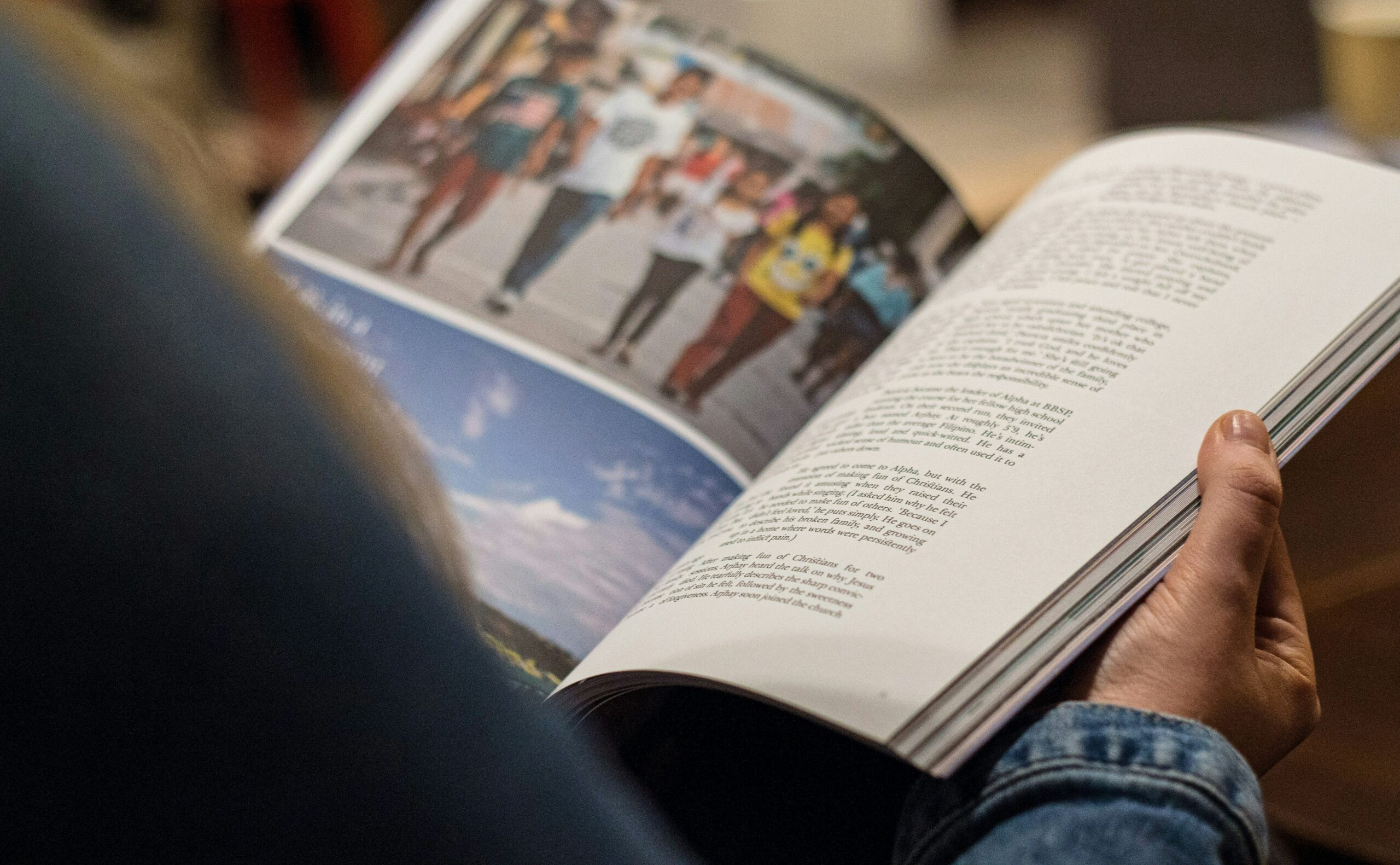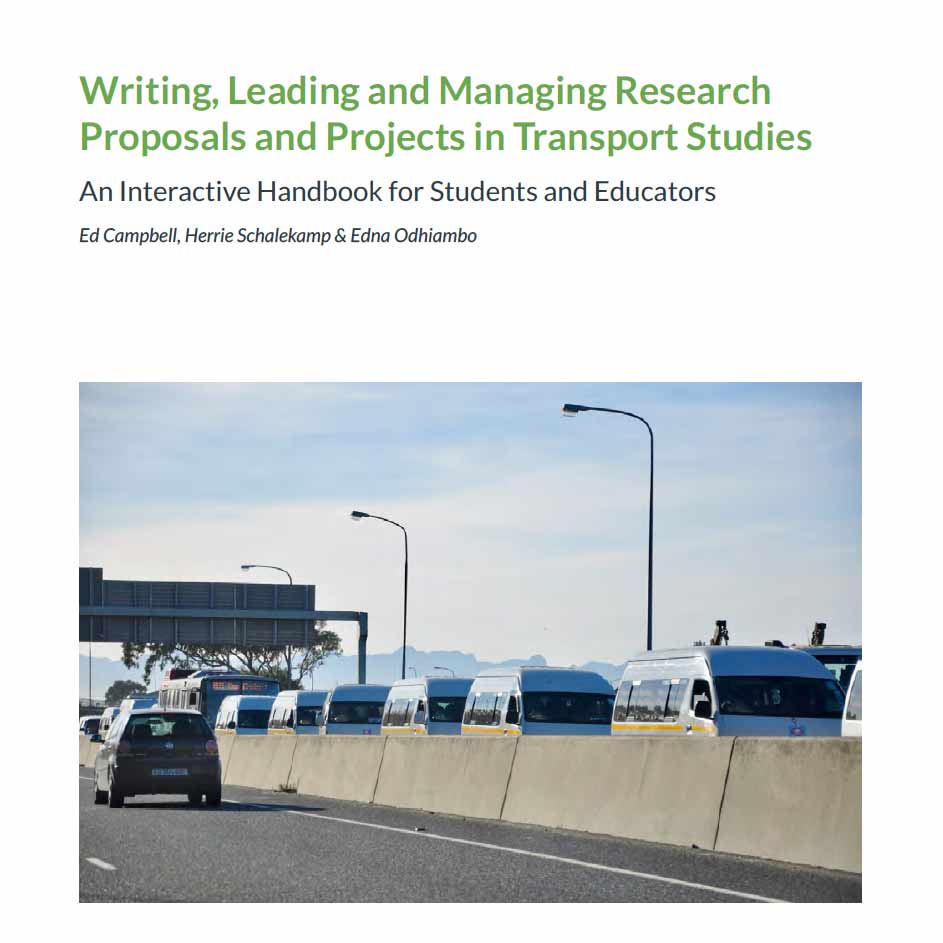
The Impact of the Covid 19 Pandemic on Future Urban Transport in Sub-Saharan Africa
After COVID-19 was declared a pandemic in March 2020, restrictions on movement began to be implemented across the world, including in Sub-Saharan Africa. There has been much speculation on what the long-term impacts of the pandemic on urban transport might be.
The aims of this paper is to: identify the impacts of the COVID-19 pandemic in Sub-Saharan African cities; consider the long-term disruptive impacts of the pandemic on mobility and access; and discuss the implications the pandemic has for urban transport policy and practice. To pursue these aims, evidence has been compiled from three sources: findings from a review of 55 published studies; secondary big data gathered by technology companies and research consortia; and a two-wave (n=15) panel survey of experts in Sub-Saharan Africa. ‘Self-perception theory’, ‘land rent theory’, a ‘regulatory cycle’, and ‘time geography’ were theoretical perspectives used to conceptualize possible future impacts, and to interpret findings.

Authors
Publication date
Language
Production
ISBN
More Publications

Writing, Leading and Managing Research Proposals and Projects in Transport Studies – An Interactive Handbook for Students and Educators

Bridging Generations for a Zero-Emission Future – Young Leaders’ Perspectives for Just Transformations to Sustainable Transport
